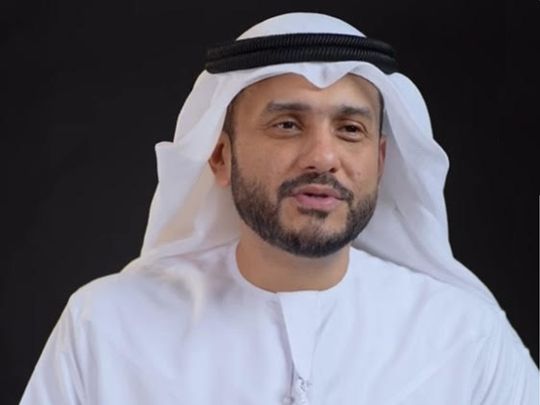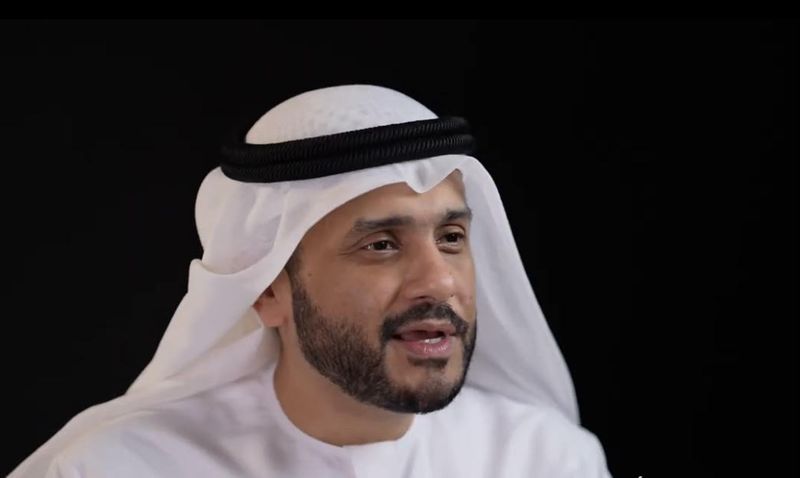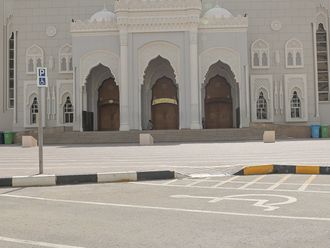
Abu Dhabi: The National Rehabilitation Centre (NRC) has pinpointed five key symptoms and behaviours indicative of substance abuse. These signs include changes in eating and sleeping habits, valuables disappearing from home, and changes in the individual’s external appearance.
Dr Saif Ahmed Darwish, consultant in Public Health and Community Medicine, said that parents face challenges in observing the changes in adolescents as some signs can be confusing. They may not be able differentiate between normal developmental changes and indicators of health issues.
So it’s important to avoid jumping into hasty conclusions, Dr Darwish said, cautioning parents against attributing all changes to addiction.
Real stories
Recalling an NRC success story, Dr Darwish said a person started using drugs during his trip abroad in the hope of abandoning the habit at the end of his stay there. But his visits to that country became frequent. Soon he began to bring in small amounts of drugs as his craving increased.
“I was surprised when he narrated his journey into addiction while undergoing treatment at the NRC. During a treatment session, he said: ‘I have no friends’, so I told him ‘We are all your friends’... He replied: ‘No, my friends who are of my age have died of overdose.’
The expansion project consists of three phases. There will be eight wings, and rehabilitation villas will be added later. There will also be a training and research centre.
The goal is to provide the best treatment for addicts and expand the rehabilitation services for citizens.
Some episodes are shocking, Dr Darwish said, referring to the person’s father’s death. “At the funeral, he was sitting in the bathroom, and his family thought he was crying . But in reality he was using drugs,” the NRC physician added.
“When his mother fell ill, he was awake and conscious, he thanks God for the blessing that,” Dr. Darwish said. “Now this person changed totally: he has recovered from addiction and focuses on fitness. He’s not depressed either.”
The success story is one many where the centre played a key role in helping addicts to recover well enough to normal lives. “The late Sheikh Zayed bin Sultan Al Nahyan he founded the centre in 2002, a time when discussions on drug menace was a taboo in Emirati society. But today we speak, raise awareness and educate in accordance with the vision of the wise leadership,” Dr Darwish said.
Family responsibility
Studies reveal that families often take around 3 to 4 years to notice when a child starts using psychotropic substances.
While symptoms manifest early, some families tend to be in denial, believing drugs are far from their home and society. That’s why Dr Darwish stresses the need to watch out for abrupt changes in a person’s behaviour as they may warrant further scrutiny. He cited the example of a person who typically sleeps eight hours a day but suddenly becomes alert during days and nights for several days.
Dr Darwish also warns of a global surge in substance abuse over the past decade, cautioning against the misconception that legalised substances like cannabinoids are harmless. In reality, they are narcotic and are harmful, besides serving as a perilous gateway to destruction.

The danger of “cannabinoids”
Dr Darwish said some youths claim that “cannabinoids” are used as a treatment for certain conditions. Drawing a parallel with heroin, he said both are employed as treatments, with morphine crafted in pharmaceutical labs, while heroin and cannabinoids are produced illicitly.
Young people know the dangers of drug abuse, Dr Darwish said. “So we focus on programmes that spread awareness and knowledge. But knowledge alone is not the solution. The solution lies in changing behaviours through life skills, meaning that we teach and nurture. The child has to be able say ‘no’ to his friends,” the NRC doctor added.
Relapses can be attributed to diverse causes, but family dynamics are a leading cause. In some families, the addiction can spread easily to other individuals. Therefore, the family as a whole must be treated to help accommodate the addicted person so that he recovers well.








